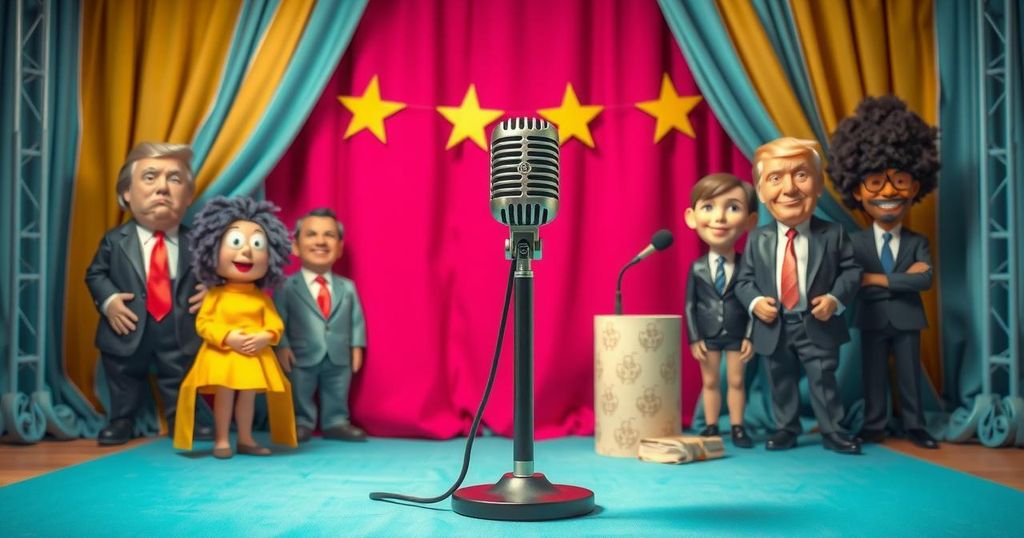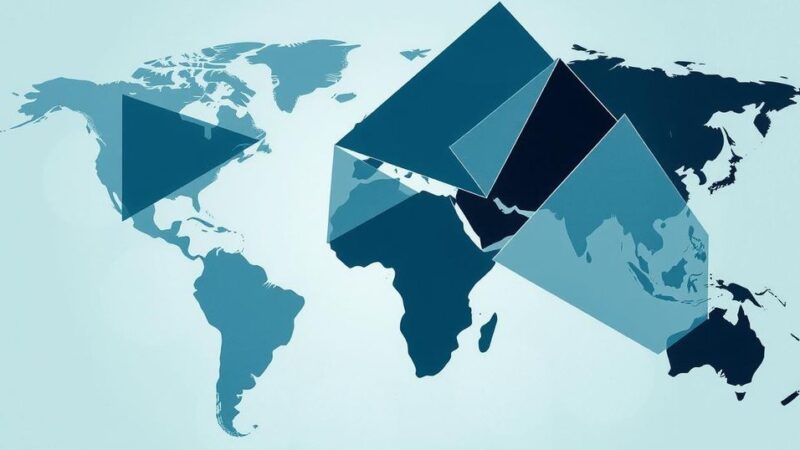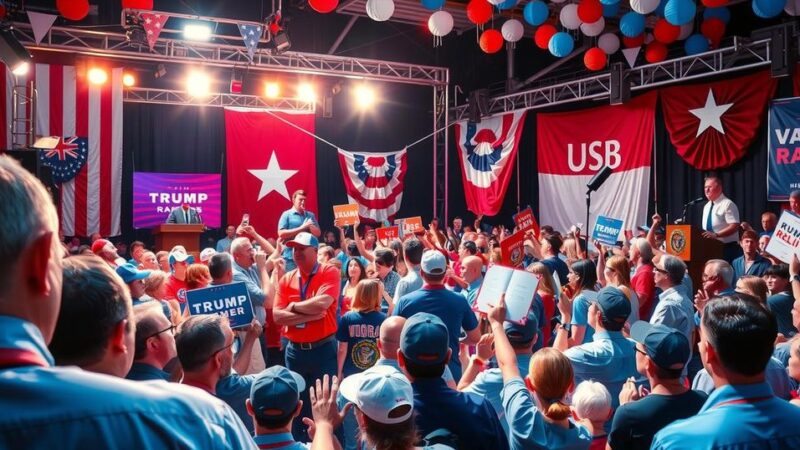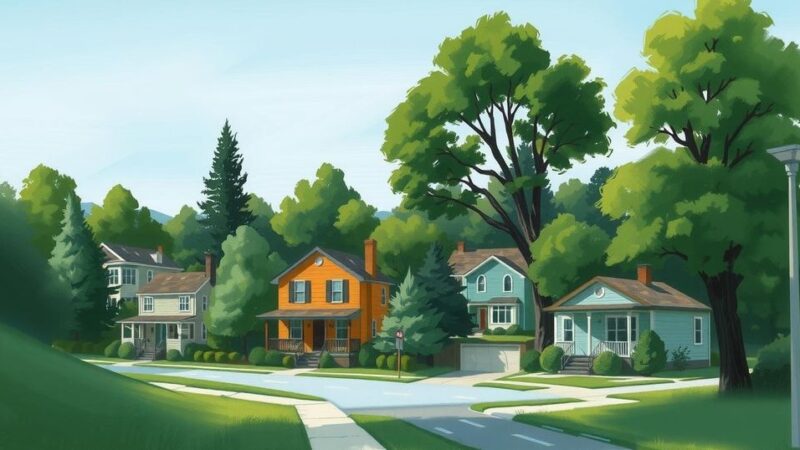SNL’s Influence in American Political Satire Goes Deep
Saturday Night Live (SNL) has long been a barometer for the American political landscape, a show that has woven political parody into its fabric since its inception in the mid-1970s. It’s a show I, like many comedy enthusiasts, stumbled upon back in the day, and I’ve followed it with an unwavering curiosity. Of course, there’s the undeniable point: SNL has shaped how many perceive politics, blending comedy with critique, though recent years have thrown the creators a curveball – the political scene has become bizarre enough that it often eclipses satire. Former President Donald Trump’s outlandish claims and the antics of prominent politicians like Vice President Kamala Harris certainly plays into this absurdity.
Navigating the Fine Line Between Comedy and Political Reality
As we step into SNL’s landmark 50th season, there’s a palpable anticipation about how the show will tackle the unpredictable electoral climate. The summer hiatus meant the show missed out on three major political developments, notably President Joe Biden’s tense debate performance and the shift in political dynamics as he moves aside for Harris. Comic actor Jean Smart is set to host, and fans are hoping for a sharp satirical edge that resonates. SNL’s past political commentary has often sparked discussions – whether it’s nailing a politician’s characteristic quirk or bringing forth the truths we’d rather not face. It’s this blend of humour and insight that has made the show memorable.
The Challenges of Modern Political Parody for SNL
Political impressions are a cornerstone of SNL’s magic, giving viewers a lens through which to view politicians in a way that’s entertaining yet impactful. Tina Fey’s portrayal of Sarah Palin in 2008, for instance, nearly redefined how many saw her, blending truth with mockery to devastating effect. However, not every impression lands as intended. Characters like Biden have proved elusive to caricature effectively despite attempts from various actors. As Al Franken, a writing stalwart from the early days, reflects, sometimes it’s easier to poke fun at certain figures than others – a challenge compounded by the often bewildering nature of modern politics, where reality frequently outstrips any sketch’s creativity.
Political Cameos: When Reality Meets Satire on SNL
Moreover, SNL shapes political discourse not just via impressions but through sketches aimed at illuminating significant societal issues. A memorable segment featuring Dave Chappelle and Chris Rock during the 2016 election highlighted the differing responses to Trump’s victory, showcasing the show’s potential to spark critical conversations. In an age dominated by social media, the stakes have changed; politicians attempting to manage their public image often appear on SNL themselves, hoping to gain the upper hand against the show’s sharp satire. Political cameos – whether it’s McCain on-air during the election season or Ford’s press secretary attempting to charm viewers – reflect a fascinating dynamic between identity and public perception.






